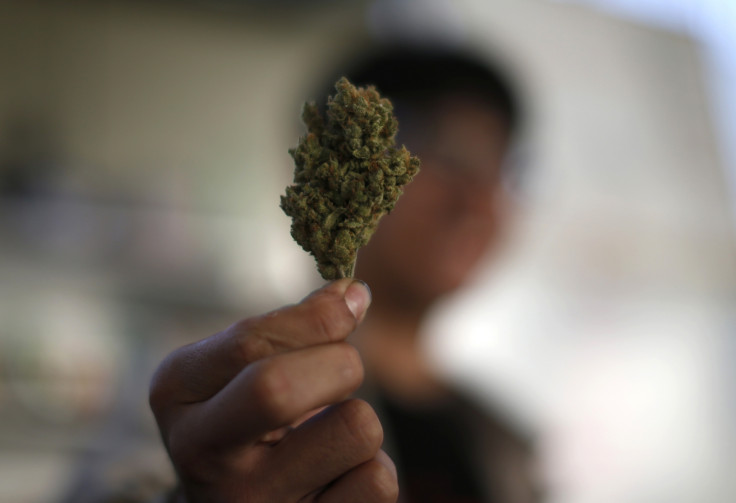Teens who Smoke Cannabis Daily 'Seven Times More Likely to Commit Suicide'

Teenagers who start smoking cannabis daily before the age of 17 are seven times more likely to commit suicide, a study has found.
According to the paper, published in the Lancet Psychiatry journal, youths who smoke marijuana on a daily basis are also 60% less likely to finish high school.
Researchers led by the National Drug and Alcohol Research Centre at the University of New South Wales analysed results of three large, long-running studies from Australia and New Zealand involving nearly 3,800 people.
They examined the connections between the frequency of cannabis use before age 17 - ranging from never to daily - and seven developmental outcomes assessed up to age 30, including frequency of suicide attempts, high-school completion and attainment of university degree by age 25.
"We assessed seven outcomes in young people aged between 17 and 30 years, spanning educational attainment, substance use, mental health, and welfare dependence," the paper said.
"The number of participants varied by outcome (from 2,537 to 3,765 participants). We chose the outcomes on the basis of previous research that established a link between a given outcome and cannabis use."
Although the effects were greatest for the daily users, there were also notable effects at the lower frequencies of cannabis use as well
The findings showed a link between a considerable use of cannabis and a high risk of suicide as well as poor educational outcomes.
Researchers also found that teenagers who use cannabis very often are at an eight times greater risk of using other illegal drugs in their twenties, and they can also develop an addiction to marijuana.
"What we found is that although the effects were greatest for the daily users, there were also notable effects at the lower frequencies of cannabis use as well," said study lead author Edmund Silins.
"The findings are timely given movement in some states in the US and Latin America to decriminalise marijuana, and there is also a movement there in Australia to decriminalise and legalise the drug for medicinal use," he continued.
"Because our study has shown the potential harms of adolescent use, particularly heavy use, policy makers must be aware of this and reform efforts should be carefully considered to protect against this.
"We can't say what would happen if people were able to access the drug for medical use but I would say those products would have to be heavily tested and regulated to ensure it didn't make it easier for teenagers to access the drug."
© Copyright IBTimes 2025. All rights reserved.





















